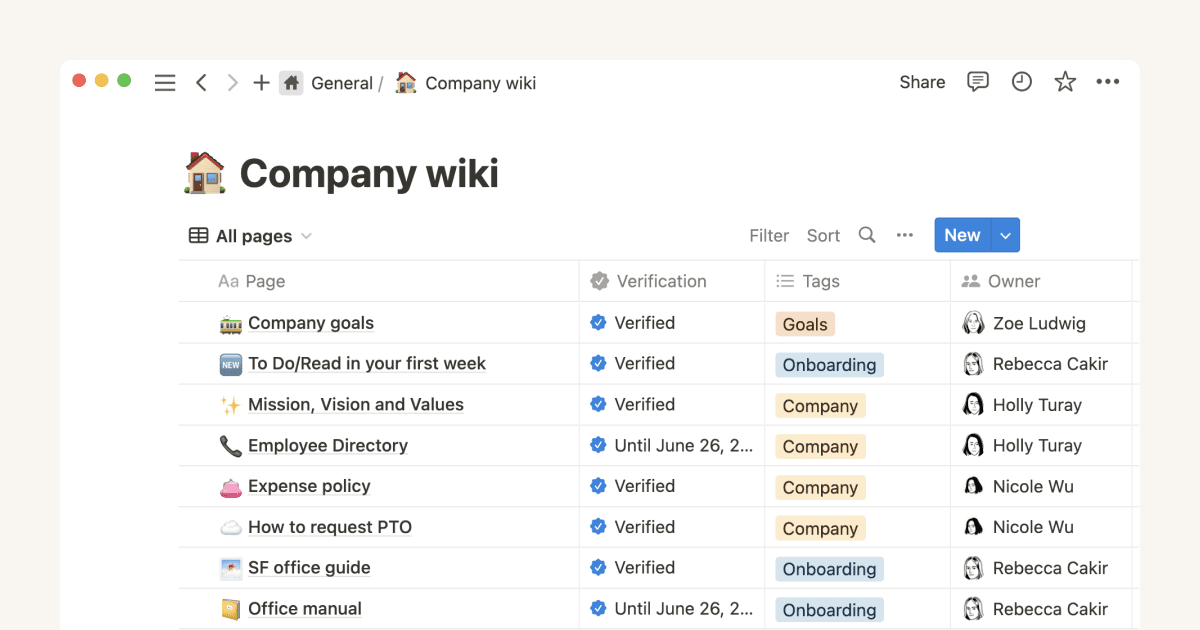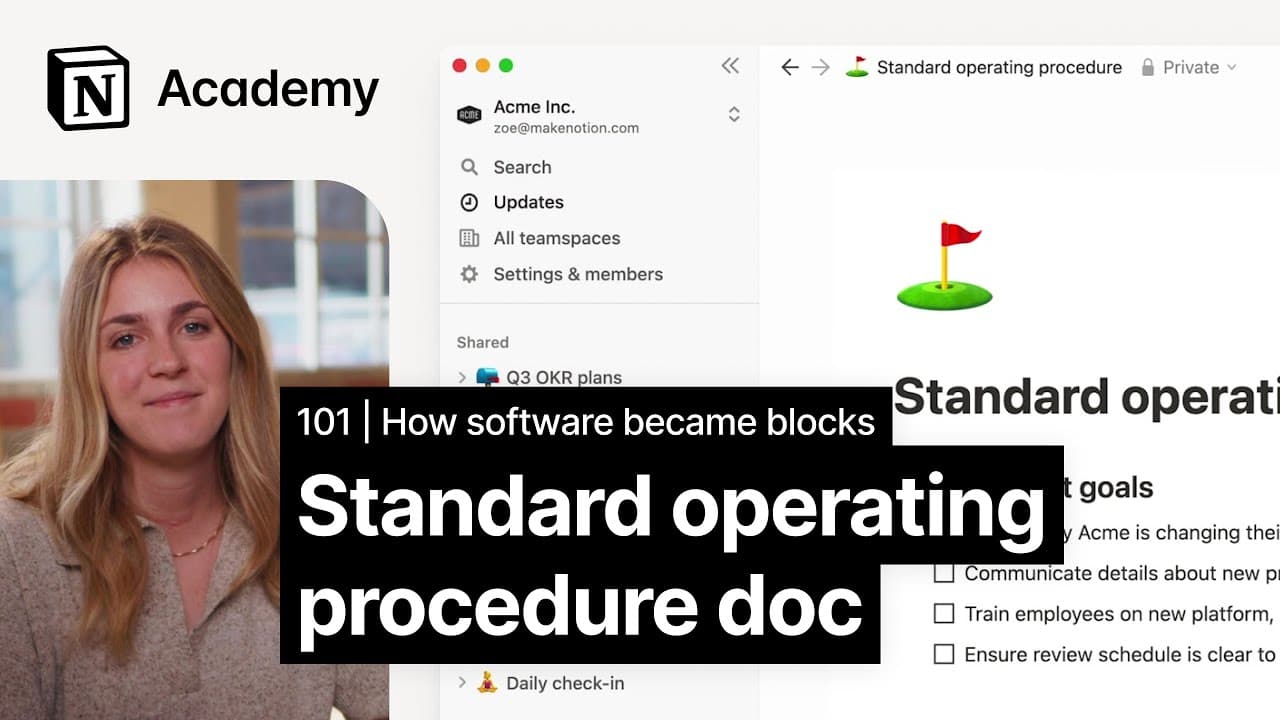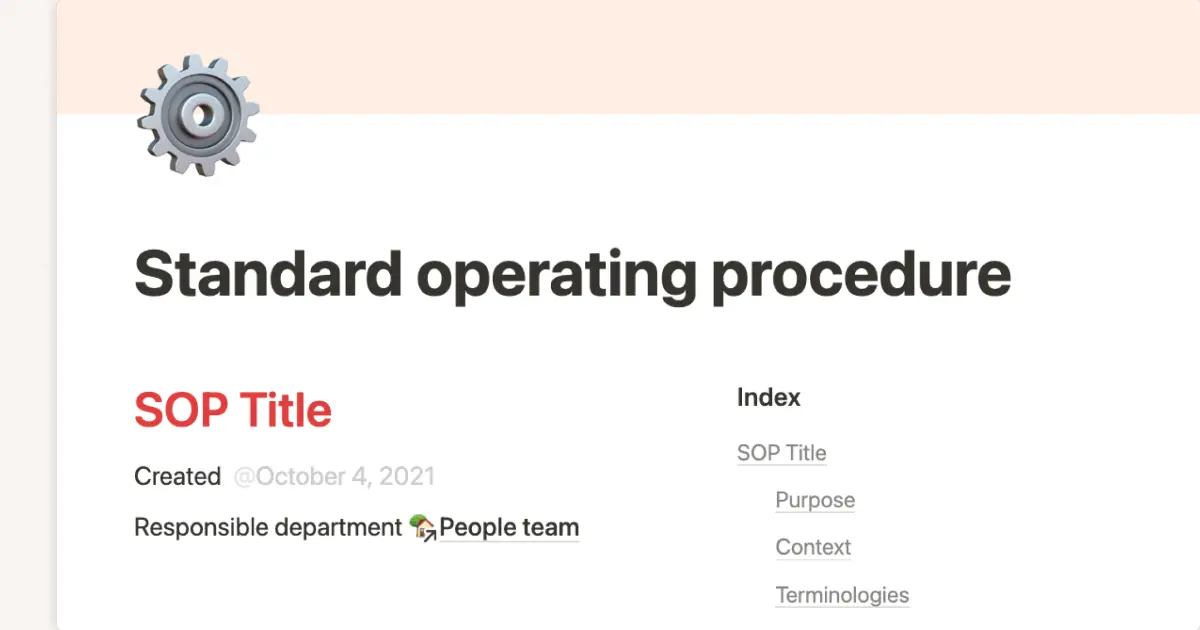Project Analyst SOPs

템플릿 설명
This template contains standard operating procedures (SOPs) for project analysts. It outlines the processes for various project-related tasks, including data collection and analysis, status reporting, risk management, stakeholder communication, budget tracking, change request evaluation, schedule monitoring, performance metrics tracking, issue resolution, and project closure. Each SOP provides step-by-step instructions, defines the purpose and scope of the task, and references other related SOPs.
The first SOP focuses on project data collection and analysis, detailing how to identify data sources, gather data efficiently, validate and clean data, organize it, conduct analysis, generate insights, prepare reports, and maintain a data repository. The second SOP outlines project status reporting, including determining reporting requirements, collecting relevant data, analyzing it, drafting the report, validating it, distributing it, addressing feedback, and maintaining an archive. The third SOP covers risk identification and assessment, including defining the risk identification approach, conducting identification, categorizing risks, assessing probability and impact, developing mitigation strategies, documenting risks in a register, communicating risks, and monitoring them.
The fourth SOP details stakeholder communication management, including identifying key stakeholders, defining communication requirements, developing a communication plan, implementing channels, documenting and distributing outputs, gathering and addressing feedback, and ensuring continuous improvement. The fifth SOP focuses on budget tracking and variance analysis, including establishing a budget baseline, tracking expenses, analyzing variances, reporting insights, recommending corrective actions, implementing control measures, and conducting periodic reviews. The sixth SOP outlines change request evaluation, including receiving and logging requests, conducting preliminary assessments, performing impact analysis, obtaining stakeholder approval, updating documentation, implementing and monitoring changes, and conducting post-change reviews.
The seventh SOP covers project schedule monitoring and adjustment, including establishing a schedule baseline, tracking progress, analyzing deviations, implementing corrective actions, updating schedules and communicating changes, monitoring for future delays, and documenting adjustments. The eighth SOP details performance metrics and KPI tracking, including identifying relevant KPIs, defining data collection methods, analyzing trends, generating reports, presenting insights, implementing improvement actions, and maintaining dashboards and historical data. The ninth SOP outlines issue tracking and resolution, including identifying and logging issues, analyzing root causes, developing resolution strategies, monitoring resolution, documenting lessons learned, reporting progress, and maintaining an archive.
The final SOP covers project closure and post-implementation review, including confirming completion criteria, conducting final budget and schedule reviews, documenting and archiving deliverables, conducting a post-implementation review, capturing lessons learned, transitioning and handing over activities, and formally closing the project. These SOPs collectively provide a comprehensive framework for project analysts to effectively manage various aspects of a project, ensuring efficiency, transparency, and successful outcomes.













